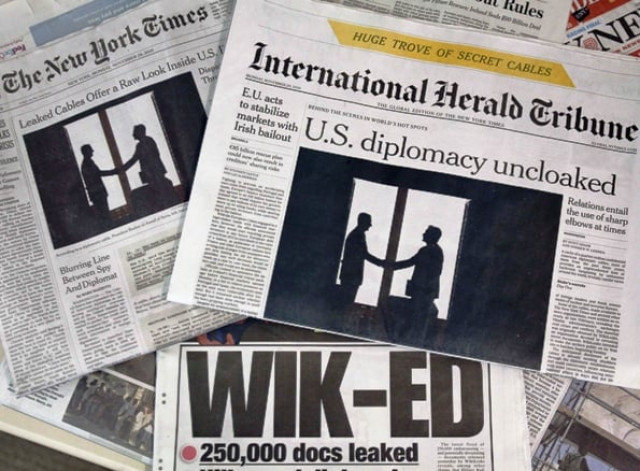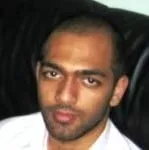The continuing WikiLeaks saga has many important implications for the state of international relations which have been much debated over the print and electronic media. We’ve heard diplomats, kings, generals and politicians from all over the world having candid and unguarded conversations about each other. However, we have failed to see how the leaks have threatened the idea of history, and notions of the process of discovering it.
History is not what has happened in the past but an account of what is said to have happened. The historical process can range from a sage telling a story to a group of listeners around a campfire, Neanderthals painting pictures on the walls of their caves, the compilers of the prophetic sayings, tracing one’s family tree, or to the modern historian writing books looking through archives in a library. The way people perceive history has a profound influence on their identity and on the way they view the world. Because it is such a strong force that can shape the future on nations many histories are strongly contested. The most credible narrations of history are those with the most reliable or important sources. One of the most valuable sources that a historian can find are primary sources of statesmen and diplomats who were required to keep a secret record of their private meetings, statements and briefings, usually only made available to the public 50 years after being de-classified in most developed countries.
Of course the recent phenomenon of WikiLeaks has thrown everything into disarray. Records that should have come out to the public sphere in 2050-2060 are being offered like roses thrown at a new bride on her shaadi. As a result the public has an unprecedented access to to-be-historical information to make conclusions about events almost in real time. Has this made the historian invalid? Are we at a point where we have reached the end of the historical process, where the stories of our present, narrated by the actors who have influenced them, can be understood by us before our grandchildren have been born?
Today when we look back at history, we have access to thousands of written records of events like Partition, the Cuban Missile Crisis, the fall of the Berlin Wall, and the First and the Second World Wars.
There is more information available to us about Partition now than to those who experienced it. We are able to observe subtle nuances, lost to those who lived in that era, which changed the course of history forever. More importantly we have the choice to view history dispassionately and with as little bias as possible. History is much more passionate when it is lived and understood in the moment.
This, historians will argue, is why there is still a case for not firing the guardians of our past. Every historian will have his biases, the best ones the least. But history viewed contemporarily skews any sense of analysis without prejudice. My grandfather used to say that journalism was ‘history written in haste’ and the disclosure by WikiLeaks has no doubt made journalism ‘a better history, written in haste’. All journalism is nonetheless written with time constraints, with editorial deadlines and with the intention of appealing to audiences looking for news that is still fresh and relevant. The historian is not bound by these constraints. Furthermore the WikiLeaks disclosures might not even continue in the future so this article pondering history’s demise could all just be mere speculation. Finally WikiLeaks has only partially opened the door into what goes on behind diplomatic veils. And, in a sense, our idea of events has the potential to be distorted in light of what we do not know.
But we do know this: long after the Americans are gone from Afghanistan, long after the present Kings of Arabia pass on to the next life, and long after the present politicians and generals of Pakistan fade away from people’s consciousness, somewhere a historian will pick up his pen (or the technological equivalent of his age) and write about, for better or worse, how the process of history- and the way we told our stories- changed dramatically during our time.
WikiLeaks: Redefining diplomatic history
The public has unprecedented access to information - WikiLeaks has changed journalism and the telling of our history



COMMENTS
Comments are moderated and generally will be posted if they are on-topic and not abusive.
For more information, please see our Comments FAQ